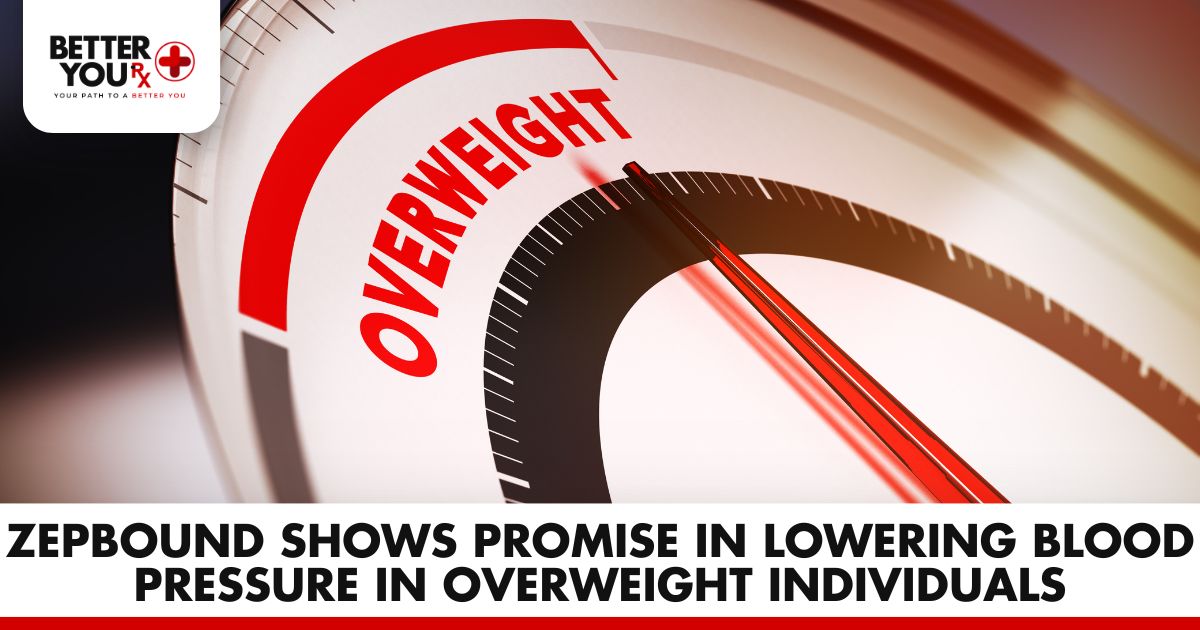Achieving One Pound of Weight Loss: A Comprehensive Guide by Better You RX
Losing weight is a common goal for many individuals striving to live a healthier and happier life. While it’s true that the basic principle of weight loss involves burning more calories than you consume, the process is more complex than a simple calorie deficit. This guide will explore the science behind achieving one pound of weight loss and provide practical tips to reach your goals. Better You RX aims to support your weight loss journey with evidence-based information and expert advice.
Understanding the Calorie Deficit Myth
The popular belief that a 3,500-calorie deficit leads to one pound of fat loss is not entirely accurate for everyone. Factors such as metabolism and body composition significantly affect weight loss. Rather than relying solely on a calorie-counting approach, it is essential to consider the nutritional value of the calories consumed. Better You RX emphasizes the importance of choosing nutrient-dense foods while maintaining a calorie deficit for sustainable weight loss.
Calculating Your Daily Caloric Needs
To begin your weight loss journey, it is important to determine your daily caloric requirements. Age, sex, height, weight, and activity level affect your basal metabolic rate (BMR). BMR represents the calories your body burns daily to sustain basic bodily functions. Online metabolic rate calculators can provide an estimate of your BMR. Better You RX recommends consulting with a healthcare professional or dietitian for a more accurate assessment of your needs.
Creating a Personalized Weight Loss Plan
Once you better understand your daily caloric needs, you can create a personalized weight loss plan. The key is creating a calorie deficit by consuming fewer calories than your body requires or increasing your physical activity level. Better You RX suggests aiming for a moderate caloric deficit of a few hundred calories per day, rather than adopting extreme approaches that could negatively impact your health and sustainability.
Balancing Diet and Exercise
A successful weight loss journey requires a balanced approach combining diet and exercise. Diet plays a more prominent role in short-term weight loss, while exercise is crucial for long-term weight maintenance. Incorporating both elements can optimize your results and ensure you lose fat rather than muscle mass. Better You RX encourages individuals to track their food intake using journals or apps for mindfulness without obsessing over calorie counting.
Weight Loss Tips
Here are some practical tips to help you create a daily caloric deficit and achieve steady weight loss:
- Focus on whole grains: Incorporate whole grains such as brown rice, whole-grain bread, and oatmeal into your diet. These foods are fiber-rich and take longer to digest, keeping you fuller for longer.
- Increase protein intake: Prioritize foods high in protein, as they promote satiety and help preserve muscle mass. Lean meats, fish, legumes, and tofu are excellent protein sources.
- Emphasize healthy fats: Choose foods containing unsaturated fats such as avocados, nuts, and olive oil. These fats provide essential nutrients and contribute to a feeling of fullness.
- Reduce processed foods and added sugars: Minimize your intake of processed foods high in saturated fats and added sugars. These empty calories hinder weight loss and contribute to various health issues.
- Engage in regular physical activity: Incorporate a combination of aerobic exercises, such as brisk walking or cycling, alongside strength training exercises. This helps increase your overall calorie burn and build lean muscle mass.
Putting it all Together
In conclusion, achieving sustainable weight loss involves more than just calorie counting. Better You RX emphasizes the importance of quality calories, regular exercise, and a moderate caloric deficit. For more information on medications like Ozempic, check out our previous blog. Remember to consult healthcare professionals for personalized advice and support throughout your weight loss journey. Better You RX is dedicated to providing evidence-based information and resources to assist you on this transformative path toward better health and vitality.










